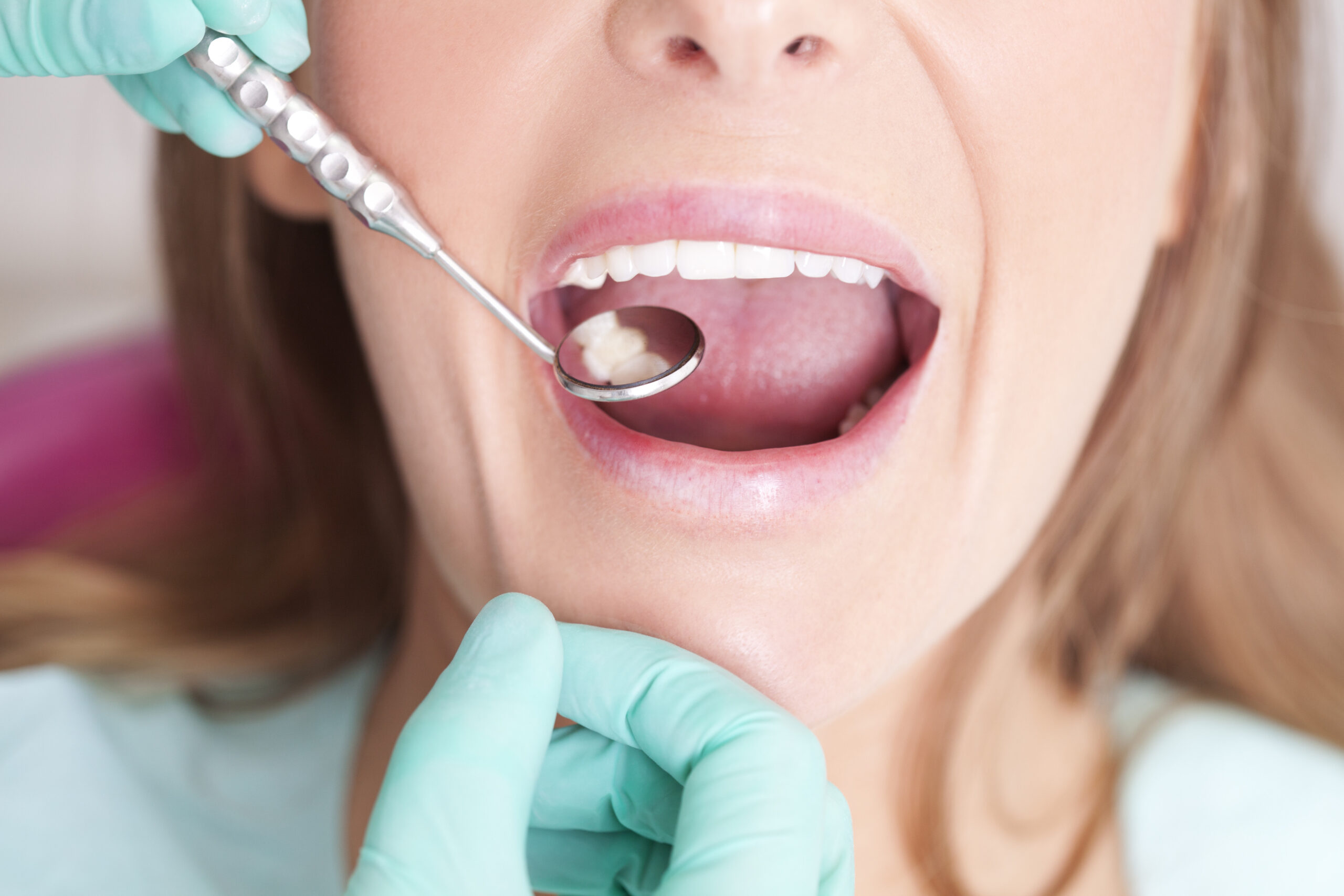In the realm of oral health, some conditions quietly emerge, their presence often hinted at by subtle signs. Bruxism, a seemingly innocuous yet potentially harmful condition, falls under this category. In this comprehensive guide, we’ll navigate the intricate world of bruxism, shedding light on its origins, telltale indicators, and the treatments that promise relief.
What is Bruxism?
Bruxism, though it might sound like an unfamiliar term, is a condition that impacts the lives of many. It’s characterized by the involuntary grinding, clenching, or gnashing of teeth, often occurring unconsciously, especially during sleep. While seemingly innocuous, these actions can have far-reaching consequences for your oral health if left unaddressed.
Causes of Bruxism
Within the complex realm of oral health, the origins of bruxism are indeed multi-faceted. While pinpointing the exact cause might be difficult, several factors offer insight into the triggers of this condition:
Stress and Anxiety
The relentless pace of life can extend its reach even into our resting hours. Bruxism often finds its roots in the subconscious manifestation of stress and anxiety. When not adequately managed, these emotions can lead to teeth grinding as an unconscious response to distress.
The dental repercussions of this can manifest as bruxism, making it important to address the underlying emotional factors.
Malocclusion
The relationship between teeth is more than meets the eye. Dental misalignments, technically referred to as malocclusions, can become catalysts for bruxism.
In cases where the upper and lower teeth fail to find harmonious alignment, the body might grind as a subconscious attempt to locate a comfortable resting position. This habit also occurs subconsciously during the day for some.
This phenomenon illustrates the intricate interplay between dental structure and the body’s instinctual responses.
Sleep Disorders
The world of sleep disorders holds intricate secrets, some of which intertwine with bruxism. Sleep apnea, characterized by disrupted breathing during sleep, presents an unexpected link to teeth grinding.
As the body seeks to restore standard breathing patterns, the teeth become unwitting participants in the quest for equilibrium. The resulting grinding or clenching of teeth is an unconscious effort to readjust the jaw in response to the breathing challenges of sleep apnea.
Lifestyle Habits
Our daily habits can shape our oral health in more ways than we realize. Certain lifestyle choices, like excessive caffeine consumption, alcohol intake, or smoking, can inadvertently elevate the risk of bruxism.
These habits, known for their stimulant properties, engage the nervous system in ways that can trigger teeth grinding. Recognizing the potential implications of these choices on our oral health underscores the importance of mindful living.
Recognizing the Symptoms
Bruxism, often a condition that goes unnoticed, occasionally drops hints about its presence. Awareness of these subtle signs can empower timely intervention and prevent potential complications:
Jaw Pain
Jaw pain, a persistent companion for some, is a prevalent and noticeable sign of bruxism. This discomfort, frequently experienced upon awakening, originates from the strain inflicted on the jaw muscles during teeth grinding.
Recognizing this pain as a potential indicator of bruxism can prompt the pursuit of professional guidance.
Headaches
Frequent headaches, especially those originating from the temples, can result from bruxism. The consistent pressure exerted on the skull due to teeth grinding can trigger headaches that affect the quality of daily life. Understanding this connection allows individuals to seek proactive oral health and well-being solutions.
Tooth Sensitivity
Heightened tooth sensitivity, particularly to hot and cold temperatures, can serve as an indicator of bruxism. The grinding action can wear down the protective enamel, exposing the sensitive layers beneath.
This heightened sensitivity acts as a tangible signal to explore potential dental concerns.
Worn-down Teeth
As time progresses, bruxism can orchestrate visible changes in the dental landscape. Teeth might appear flattened, fractured, or chipped due to the consistent friction between them.
The erosion of this grinding action underscores the importance of promptly addressing bruxism.
Earache
Bruxism’s reach can extend beyond the realm of teeth. The proximity of the jaw joint to the ears means that the strain placed on the jaw muscles during teeth grinding can result in earaches.
Acknowledging this unexpected connection can lead individuals to seek a comprehensive evaluation of their symptoms.
Treatment Options for Bruxism
Many treatment strategies offer a beacon of hope. Through various methods, you can find relief from the grip of teeth grinding:
Dental Appliances
Dentists step into the picture with a tangible solution – dental appliances. The gentle guardians of your oral landscape, these custom-fitted devices create a barrier between the upper and lower teeth.
Night guards and splints, meticulously crafted to your unique dental structure, stand as formidable sentinels against the impact of grinding. They absorb the brunt of the force, preserving your teeth from the ravages of friction.
With dental appliances, you can rest assured that your teeth are safe from the relentless grind of bruxism.
Behavioral Therapy
For some, the remedy lies in a transformation of awareness. Behavioral therapies emerge as a beacon, guiding individuals to recognize their grinding habits. A journey of self-discovery unfolds as they learn techniques to avoid clenching and grinding consciously.
The power of awareness allows them to interrupt the cycle of unconscious responses. Through mindfulness and conscious intervention, they reclaim control over their actions, ultimately unraveling the grip of bruxism.
Bruxism Treatments at Triangle Dentistry
Bruxism might be an enigma, but its effects are tangible. As you journey to understand this condition, remember that early intervention can prevent its potential repercussions.
At Triangle Dentistry, our dedicated team of experienced professionals is well-equipped to guide you through this journey. We can help you bid farewell to bruxism and its unwelcome effects with a thorough diagnosis and a personalized treatment plan.
Let us join you in safeguarding your oral health, ensuring that your smile reflects happiness and well-being for years to come. Book an appointment today and take the first step toward a bruxism-free life.
